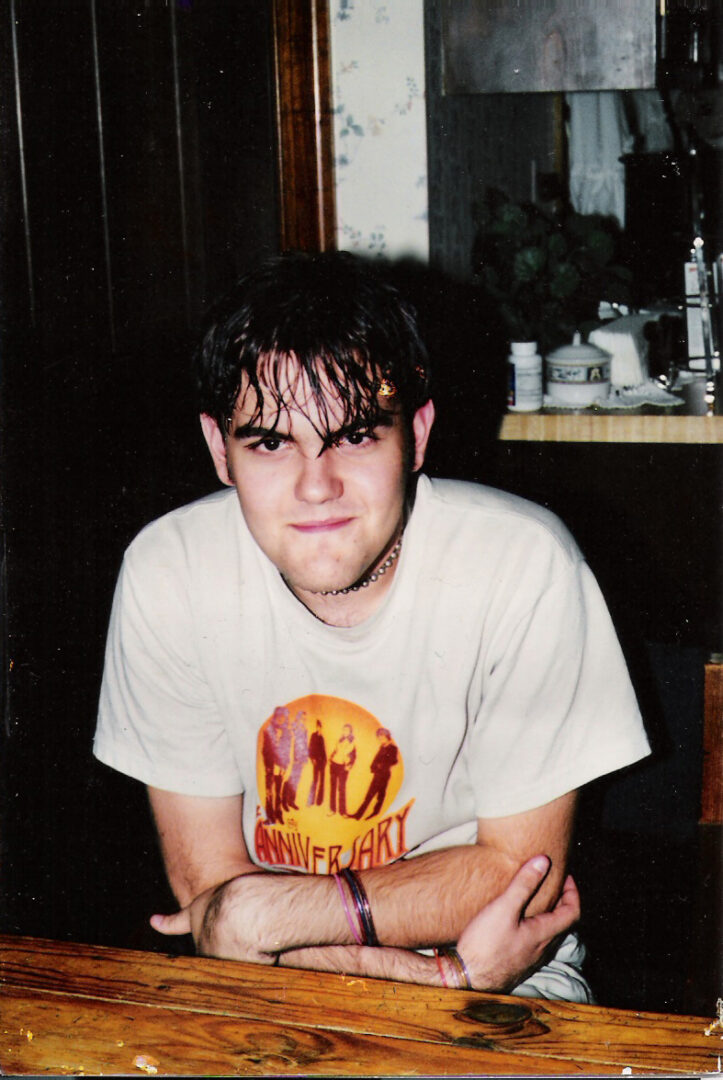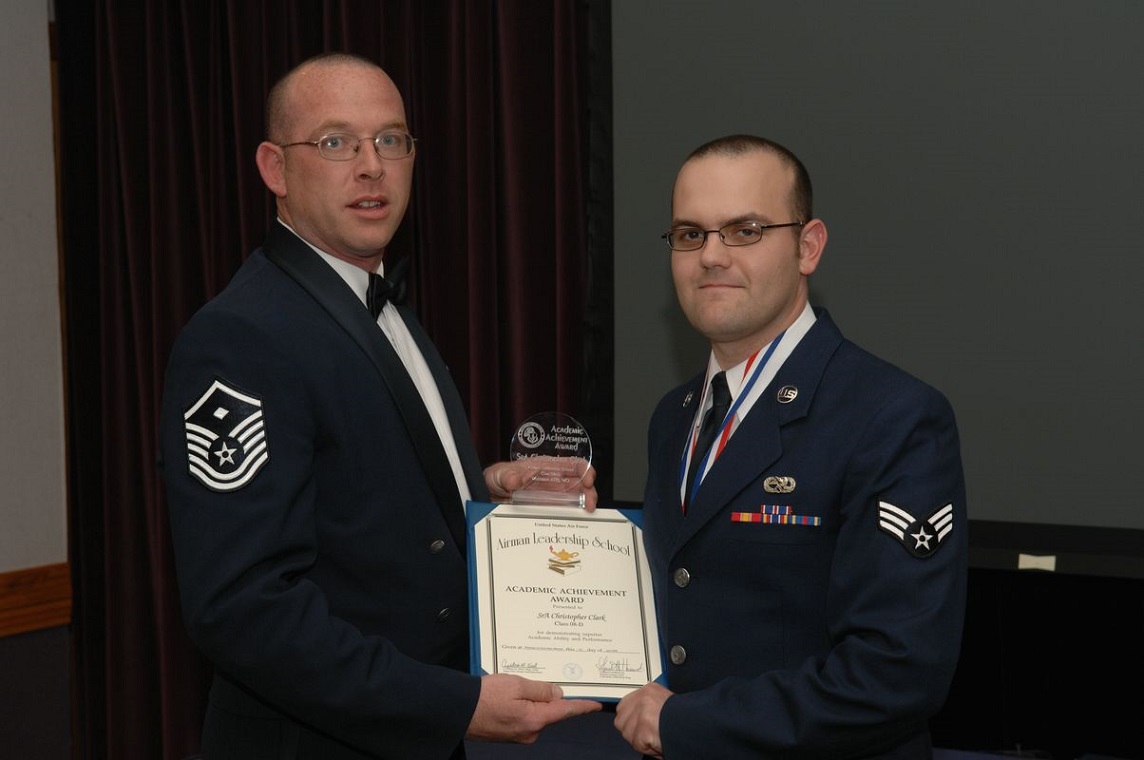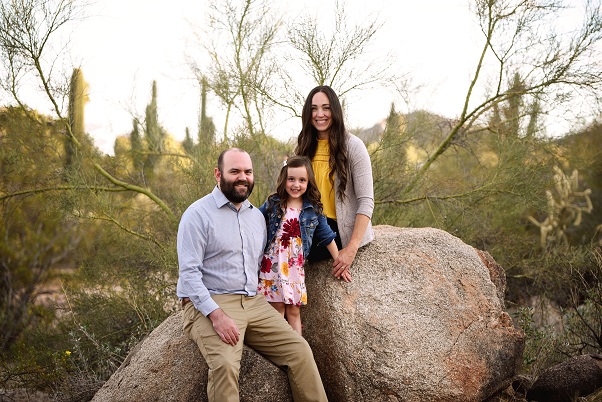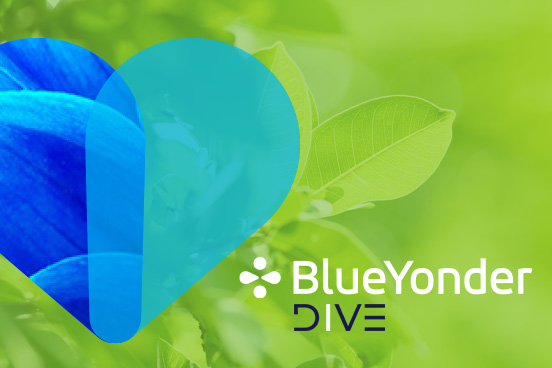How Military Service Helped Me See Beyond Assumptions — and Embrace Differences
One day in early 2003, I was driving to my job at a local sandwich spot in Richmond, Virginia, when my truck decided to give out. To be fair, this wasn’t the first time it had left me stranded on the side of the road so I couldn’t be that mad about it. I called my boss to explain the situation and ask for a ride to the store.

As I stood on the shoulder of I-64 waiting for him to pick me up, I had time to think about how I’d spent the almost two years since graduating high school. It primarily consisted of 1.5 semesters of university, months spent traveling the country with my punk rock band, and, generally, living on other people’s couches or in the back of my truck. All that to say that I had approximately $50 to my name, which was certainly less than the cost of a new clutch for my truck, which I never saw again after that day.
For several months, I had been tossing around the idea of joining the military. My father had been pushing me in that direction for some time due to my less than sustainable lifestyle. My friends, more fans of burning down the government than supporting it, weren’t quite as supportive, which kept me on the fence. With this latest setback, though, I decided that something needed to change. I wanted to talk to a Navy recruiter; however, the recruiting office was a 10-minute drive away, and without a car that was impossible.
As luck would have it, there was an Air Force recruiter in the strip mall across the street from my friend’s apartment where I was staying. I walked in, hair dyed bright green and formed into liberty spikes, two lip piercings, and several more piercings across my brows, to ask what job I could sign up for that would get me into basic training the fastest. That’s how, after filling out paperwork and having a physical more intrusive than any I’d had at that point in my life, I ended up in the Air Force – and stayed for seven years.

I wasn’t the stereotypical recruit; I had no overwhelming sense of patriotism, if anything it was the opposite, and no long and storied history of generations of my family serving in the military. These were also the early days of the “Global War on Terrorism,” and I was not a brave man, so was I scared of what that meant for my future. I expected I would serve my enlistment with people who I would have nothing in common and that I would struggle to connect with.
I had my own biases and assumptions of what the “stereotypical” service member looked like – that they weren’t my type of people.
I was, of course, wrong. My wingman in basic training was a gay, red-headed man from Puerto Rico who told me my Spanish needed help (which it did!). Most of my basic training group was from the Great Lakes region, resulting in their regional use of the word “pop” instead of “soda” to become a part of my vocabulary that, much to my displeasure, remains today. The person who would become my best friend while stationed in Minot, North Dakota, was the son of undocumented migrant workers that moved from farm to farm in the Midwest. He taught me how to make chile relleno and introduced me to the Mexican punk rock scene. He had joined out of a sense of responsibility to the country giving him his citizenship. Of course, there were certainly people there based on what I had assumed the stereotypical recruit would look and sound like, but they challenged me to question my assumptions. In fact, one of these “stereotypical” recruits ended up being the best man at my wedding in 2014, a decade after we met.

These experiences shaped me early on in my life to challenge biases and to question any assumptions I may have. If I could be so wrong about something so simple, what else could I be wrong about? After all, it shouldn’t have been a giant leap of logic to figure out if I wasn’t the «stereotypical» service member, then certainly there were many more that went against the grain as well.
The Air Force would continue to challenge me in a variety of ways during my enlistment, physically, emotionally, and mentally, but when I look back at those years, that’s not really what comes to the forefront for me. It’s the people, from every walk of life, ethnicity, sexual orientation, gender, and, in general, every little combination of things that makes us each an individual.
I learned a lot during my time in the Air Force, and most of it was because I was surrounded by people who were different than me in so many ways and who helped shape the man I’ve become. When Veteran’s Day rolls around every year, it gives me a chance to think back to these people and smile at the shared memories of laughter and pain. That’s what Veteran’s Day is to me: a celebration of the incredible collection of people that all signed the same dotted line, each with their own story to tell.


Comments are closed.